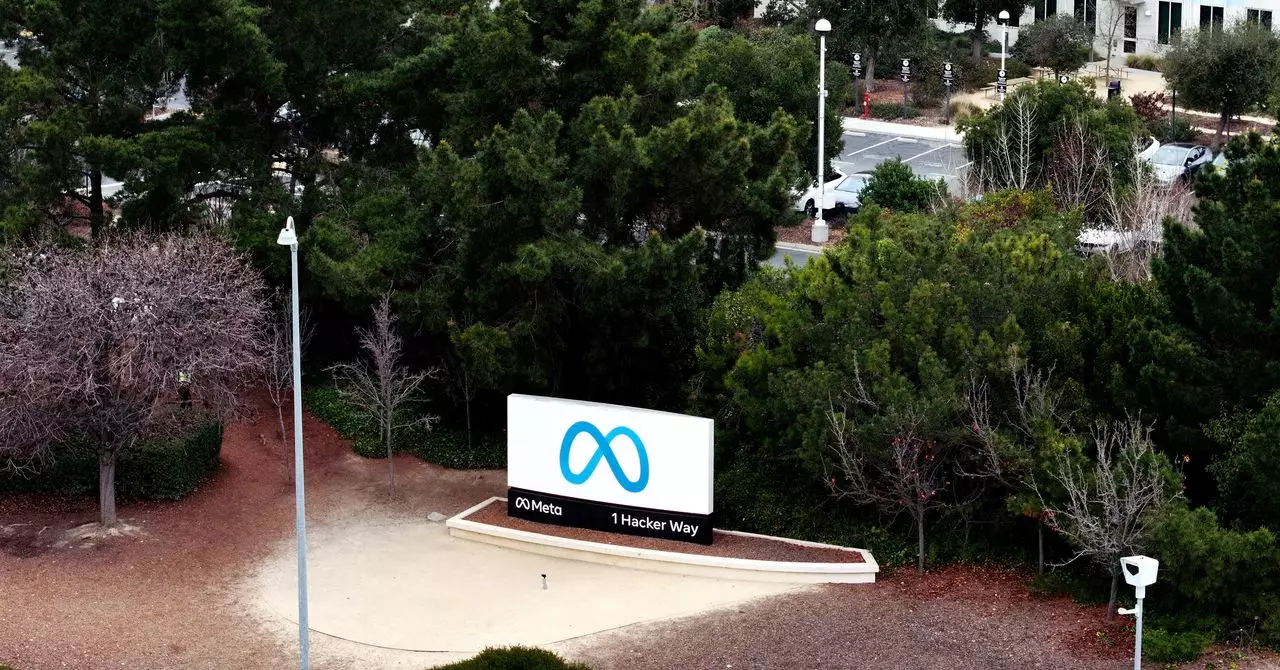In January 2023, Meta initiated a significant overhaul of its content moderation policies, ushering in a fresh perspective on balancing free expression with the need to maintain a safe online environment. By choosing to lessen their previous stringent moderation efforts, the company aims to cater to an inclination for free speech that resonates across various societal discussions. This marked a pivotal moment, not just for Meta’s platforms like Facebook and Instagram but for the broader conversation about the power dynamics that govern social media discourse.
This strategic shift is rooted in the belief that users should have the freedom to communicate without an overbearing presence of censorship. According to Meta’s quarterly Community Standards Enforcement Report, the fallout from this decision is evident, yielding a reduction in the removal of posts that previously fell under the umbrella of violations. While the implications of such a transition remain complex, the potential for revitalized discourse in digital spaces is immense.
Analyzing Enforcement Trends
The numbers tell a striking story: Meta reported a significant drop in removals of content on its platforms—by nearly one-third in just a few months. In the first quarter of 2023, about 1.6 billion posts were pulled down compared to nearly 2.4 billion in the previous quarter. This dramatic decrease raises questions about the thresholds and criteria previously used to evaluate what constitutes a violation. Critics of the old system often argued that it was too harsh, labeling comments and posts as harmful when they simply reflected nuanced societal conversations.
Interestingly, while overall content removals declined, specific categories such as child endangerment and hateful conduct saw reductions in enforcement by approximately 36% and 29%, respectively. This suggests a prioritization of issues, with Meta opting to mitigate the risks of erroneous removals rather than falling victim to the overreach seen in the past. However, the lone spike in removals associated with suicide and self-harm content highlights a critical area where vigilance is more necessary than ever. It illustrates a fundamental tension: how does an entity like Meta reconcile the need for both free expression and the safeguarding of vulnerable populations?
Shifting Standards and the Role of Human Oversight
Meta’s CEO Mark Zuckerberg described the previous rules as being “out of touch with mainstream discourse,” thereby signaling a shift not only in policy but also in the mindset around community guidelines. The company’s relaxation of certain harmful content standards—and allowing users to express opinions that might be seen as discriminatory—sparks an important dialogue about the interpretation of hate speech versus free speech. Should allegations based on gender or sexual orientation now be treated with more leniency? Advocates for marginalized communities may find this approach concerning, as it could open doors to harmful rhetoric under the guise of free expression.
The switch from an aggressive automated moderation system to one that relies more on human oversight is also noteworthy. Though the intention is to reduce mistakes, automation historically suffers from the lack of contextual understanding that humans bring to discussions around particularly delicate subjects. Data suggests that nearly all removals under hate speech policies were made by automated systems, though a slight decrease indicates a shift in the company’s approach.
Furthermore, as Meta continues to refine its balance between user autonomy and the imperative of responsible engagement, the implications of these decisions will resonate across the information landscape. While the decrease in content takedown may empower voices from diverse backgrounds, it also risks exacerbating online tensions that demand thoughtful regulation.
Implications for Future Conversations
In light of these changes, Meta’s evolution in content moderation stands as a bellwether for societal dynamics in digital environments. The journey ahead requires a concerted effort to engage with various stakeholder perspectives, from individual users to advocacy groups. As the dialogue about online speech continues to evolve, Meta must navigate the complexities of responsibility and freedom—each aspect intertwined with the very fabric of our shared digital society. The company’s decisions moving forward will inevitably influence not only the platforms they govern but also the broader landscape of public discourse in an increasingly polarized world.

